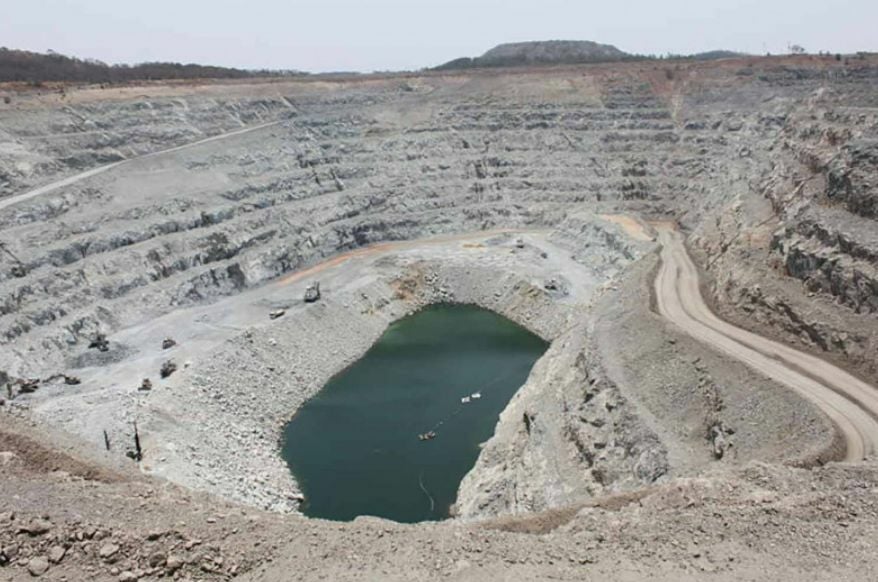Thailand’s 44,410 trillion baht mineral reserves unveiled

Thailand harbours over 30 trillion tonnes of mineral reserves, with 40 types of minerals, estimated at a staggering value of 44,410 trillion baht, which could prove pivotal for securing the country’s raw material needs in the coming years, according to the Department of Mineral Resources (DMR).
In a recent press conference, the DMR Director-General, Phichit Sombatmak revealed that the National Committee on Mineral Resources has identified several mining zones with significant development potential.
Approximately 19% of the country’s total area, translating to 60 million rai, has been earmarked for mineral resource exploitation, with an initial valuation surpassing 44,410 trillion baht.
These zones boast a variety of raw materials vital for multiple industries, including construction stone, agricultural minerals like potash and perlite, and eco-friendly minerals such as lithium and quartz, which are essential for energy storage.
Phichit identifies the northeast region as the largest source of potash in the country. High-potential potash sites have been pinpointed in provinces including Udon Thani, Khon Kaen, Nakhon Ratchasima, Chaiyaphum, Sakon Nakhon, Nakhon Phanom, and Ubon Ratchathani.
The DMR estimates that the potash reserves amount to 10 billion tonnes, valued at 161 trillion baht, which Pichit sees as a crucial material in economic growth.
“Potash is a critical component of fertiliser and plays a significant role in economic growth, particularly in agriculture.
“If fertiliser plant development is prioritised, Thailand could enjoy significantly lower fertiliser prices, reducing costs for farmers.”
Additionally, the byproduct of potash mining, rock salt, could be utilised in sodium-ion batteries, which are more cost-effective than lithium batteries used in electric vehicles.
Although three sites have received mineral reserve mining concessions for potash, operations have been stalled due to strong opposition from local communities concerned about environmental repercussions.
Deputy Permanent Secretary of the Ministry of Natural Resources and Environment, Talerngsak Petchsuwan mentioned that the government has directed contractors to implement stringent measures to mitigate environmental impacts.
However, a local opposition group plans to take legal action against the Cabinet for supporting the potash mining plan. The group argues that the contaminated water from potash mining activities would pollute the surrounding soil and water resources, reported Bangkok Post.
Latest Thailand News
Follow The Thaiger on Google News:


























